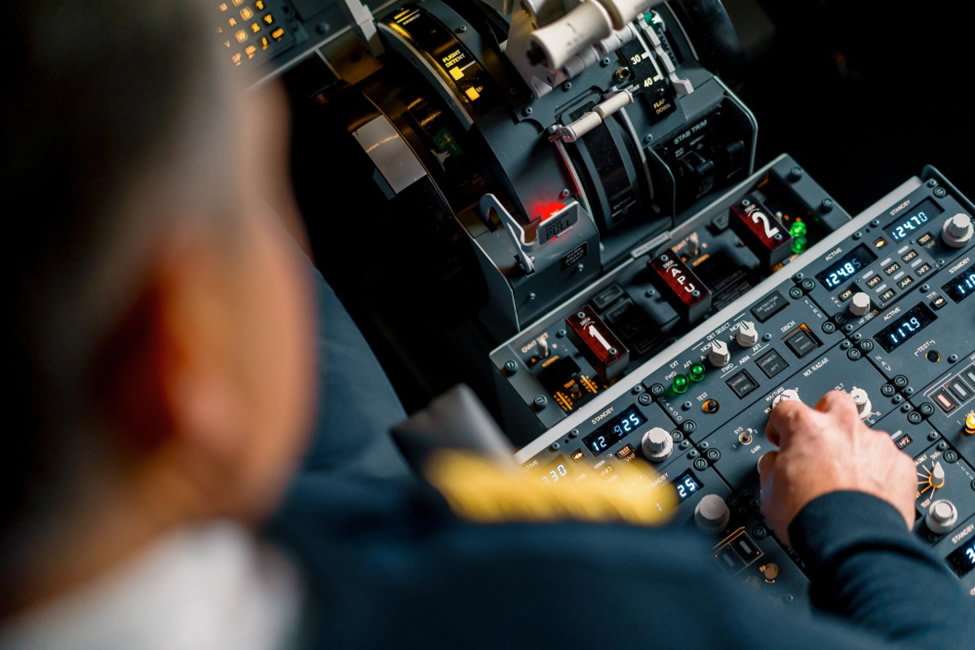What Makes a Great Pilot?

What Makes a Great Pilot?
Not only does a good pilot need to know how to navigate the plane and ensure the safety of everyone on board. But a pilot who excels in their career must combine these technical skills with other traits and qualifications, such as leadership, critical thinking, and the right attitude.
Here are a few traits that make a great pilot stand out from average pilots:
Clear Communication
In addition to communication between two pilots in the cockpit, ongoing communication is necessary with other staff members who are on board. Pilots are also communicating with passengers and air traffic control. Open lines of communication provide essential information about takeoff, landing, and the flight path.
Good communication involves speaking in a way that sends a message of authority and confidence. At the same time, it’s important for a pilot to get to the point, especially when communicating in high-stress situations – such as landing a plane in inclement weather.
This communication ensures that the pilot is sharing their message clearly, but they are also understanding the messages they are receiving.
Staying Calm Under Pressure
While the hope is that scary or difficult situations won’t occur in flight, the reality is that there is always a possibility to experience the unexpected. Examples include:
- Losing communication with Air Traffic Control
- A malfunction in the aircraft
- Medical emergency
- A passenger is threatening or unruly
If a pilot responds out of fear or panic, then it could result in a costly mistake. Staying calm under pressure improves the outcome and allows the pilot to make an informed decision about the best course of action.
Situational Awareness
Flying an airplane requires awareness of many factors at the same time. A pilot must always have a clear understanding of all factors that could impact the flight. They need to know:
- The position of the plane
- Relation to other planes and hazards in the area
- Weather patterns
- Environmental elements and terrain
- Passengers on board
This situational awareness not only keeps the pilot in the present moment, but it also helps them anticipate potential events that might be encountered on the flight path.
Detail Oriented
A pilot must track many small details to avoid dangerous mistakes. When a plane is in the air, even a small error could result in a catastrophic accident, so there is little room for error. Detail-oriented pilots are the best at ensuring safety every step of the way.
Even a small change in trajectory can impact the route, arrival timing, and more. The pilot is carrying the responsibility of bringing the plane, passengers, and cargo to the destination as planned. Being detail-oriented increases the likelihood of a successful, on-time landing.
Decision-Making Skills
As all of these factors come together, it can be summarized in one simple trait: the ability of a pilot to make good decisions. If they have situational awareness, clear communication, and attention to detail, then they have the ability to make the right decisions.
Additionally, a pilot’s past experiences play an important role in decision making. If something unusual happens, then a pilot can refer back to their previous experience to handle the situation in a split-second decision. Years of training and experience are the only way to gain this edge in the cockpit.
– Written by Becki Andrus